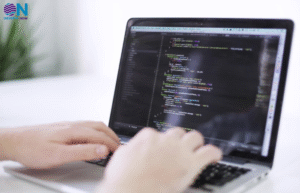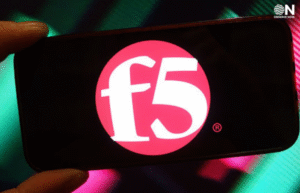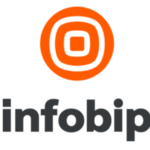AI chatbots must learn to say ‘help!’ says Microsoft exec

Generative AI tools have the potential to save companies significant time and money, says Vik Singh, Vice President at Microsoft. However, he acknowledges that these models need to learn when to admit they don’t have the answers. “To be frank, what’s missing today is a model that raises its hand and says, ‘I’m not sure, I need help,'” Singh explained.
Since last year, companies like Microsoft, Google, and others have been rapidly rolling out generative AI applications such as ChatGPT, which can create various types of content on demand, giving users the impression that they know everything. However, despite advancements, these AI models still “hallucinate” or generate inaccurate information. This is a critical issue for Singh, who oversees Microsoft’s Copilot project; his corporate clients cannot afford for their AI tools to go off course, even occasionally.
Salesforce CEO Marc Benioff recently noted that many of his customers are becoming frustrated with the unpredictable behavior of Microsoft’s Copilot. Singh emphasized that “really smart people” are working on developing methods for chatbots to acknowledge when they don’t know the correct answer and to seek human assistance.
Singh believes that a more humble AI model would still be highly valuable. Even if the AI needs to consult a human 50 percent of the time, it would still save “tons of money.” For example, one Microsoft client currently spends $8 every time a customer service representative answers a new request, so using AI could result in substantial cost savings while also providing faster responses for customers.
Singh joined Microsoft in January and recently took charge of the teams developing “Copilot,” Microsoft’s AI assistant for sales, accounting, and online services. These applications have the significant task of generating revenue and justifying the enormous investments in generative AI.
At the peak of the AI boom, start-ups driving this technology were promising solutions so advanced they would “uplift humanity,” as Sam Altman, CEO of OpenAI (heavily funded by Microsoft), put it. For now, however, these technologies are primarily being used to enhance productivity and, hopefully, profitability. According to Microsoft, Copilot can perform research for salespeople, freeing up their time to connect with customers. Singh mentioned that Lumen, a telecom company, “saves around $50 million a year” through this capability.
Singh’s teams are now focused on integrating Copilot more deeply into Microsoft’s software and increasing its level of autonomy.
















